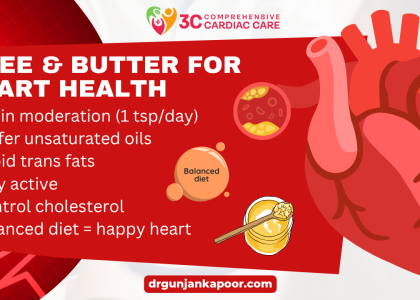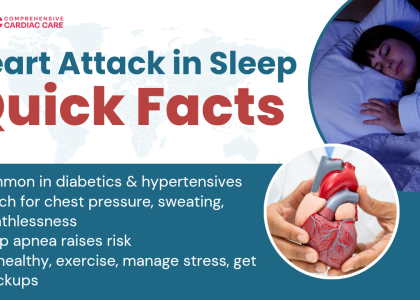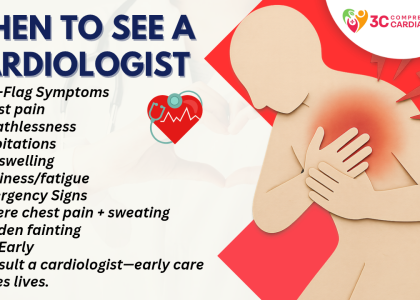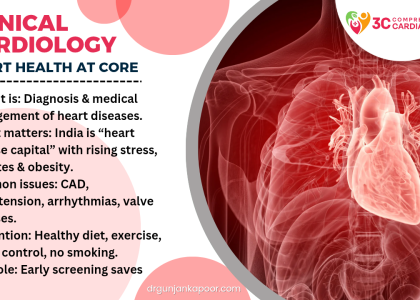What to Expect During an ECG, Echo, or Stress Test – A Complete Guide!
If your doctor has recommended an ECG, Echo, or Stress Test, don’t panic! These are common, non-invasive heart tests that help evaluate how well your heart is working. Let’s break them down one by one so you feel confident and prepared. ❤️
1. What is an ECG (Electrocardiogram)? ⚡
✅ What It Does:
An ECG records the electrical signals of your heart. It’s used to detect arrhythmias (irregular beats), heart attacks, and other heart conditions.
What to Expect:
-
You’ll lie down on a bed ️
-
10–12 small electrodes are placed on your chest, arms, and legs
-
The wires connect to an ECG machine
-
Takes 5–10 minutes
-
Completely painless – no shocks, no needles!
Your heartbeat is displayed on a screen and printed for analysis.
2. What is an Echocardiogram (Echo)?
✅ What It Does:
An Echo uses ultrasound waves to create real-time images of your heart – showing structure, movement, and function.
What to Expect:
-
You’ll lie on a table, slightly turned to the side ️
-
A gel is applied to your chest
-
A handheld probe (transducer) is moved around the chest
-
Images of your beating heart appear on the screen ️
Helps assess valve function, heart size, and pumping strength.
⏱️ Duration: Around 30–45 minutes
♂️ 3. What is a Stress Test (TMT – Treadmill Test)? ♀️
✅ What It Does:
A Stress Test shows how your heart performs under physical exertion. It helps detect blocked arteries or abnormal rhythms during exercise.
What to Expect:
-
ECG electrodes are placed on your chest
-
You walk or jog on a treadmill that gradually increases in speed & incline ⛰️
-
Your heart rate, BP & ECG are continuously monitored
-
The test stops when you reach a target heart rate or feel symptoms
Don’t forget to wear comfortable clothes & running shoes!
⏱️ Takes 15–30 minutes, including recovery
Important Tips Before the Tests:
✅ Wear loose, comfortable clothing
✅ Avoid heavy meals 2 hours before
✅ Bring a list of your medications
✅ Inform the doctor about any chest pain or shortness of breath
✅ Don’t panic — these tests are safe and routine!
Why These Tests Matter:
These tests can help detect:
Silent heart diseases
Valve or structural issues
Risk of heart attacks
Poor blood flow or blockages
Heart rhythm abnormalities
Early diagnosis = better treatment = longer life!
Final Thoughts
These tests may sound technical, but they’re simple and life-saving diagnostic tools. Whether it’s an ECG, Echo, or Stress Test, they help doctors understand your heart’s health better — so you can live stronger, longer, and healthier. ✨









